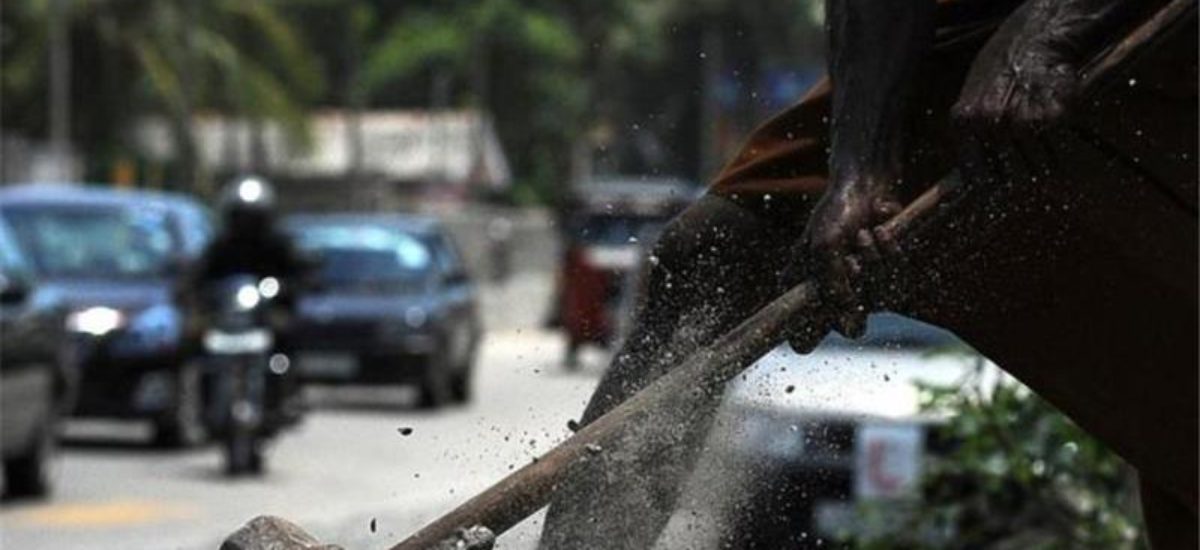Image courtesy Al Jazeera
Prof Pratap Bhanu Mehta, an eminent Indian Political scientist shared his insights into incorporating socio-economic rights in the new constitution in Sri Lanka recently. Speaking at a public event organized by Advocata Institute, sponsored by Echelon Magazine, Prof. Mehta spoke about the Indian experience in trying to establish socio-economic rights through the courts. He also touched on whether there is empirical evidence to support the realisation of social and economic rights by embedding them in the constitution.
Contributing to current debates in Sri Lanka around the drafting of a new constitution, Prof. Mehta argues that it’s necessary to go beyond existing ideological and philosophical framing and ask the simple question of what precisely is the problem that constitutionalising socio-economic and cultural rights is meant to solve.
Prof. Mehta says that whilst we may all agree it’s good to have the best possible healthcare, education and other socio-economic factors, we may disagree on what the best institutional architecture is around the delivery of these factors to citizens. The second question, he said, is whether we as a society we’d want to trust judges and the courts over politicians and the democratic process to somehow deliver these rights.
Empirically, according to Prof. Mehta, there is very little evidence to suggest that constitutionalising socio-economic rights make a huge difference to governance or the delivery mechanisms. Speaking about the Indian experience, Prof. Mehta explained that B.R. Ambedkar, the chief framer of the Indian constitution was skeptical about including socio-economic rights. Ambedkar felt given that there is always a wide disagreement in society around economic matters, that the constitution shouldn’t ‘pre-judge’ any of these choices and that the enjoyment of these rights should be left to the give and take of representative politics, subject to iterative learning.
However, since about the 1990’s, Indian courts have taken the provision of ‘right to life’ and broadly interpreted it to include wide socio-economic rights. But such recognition has not resulted in significant improvements within the Indian governance architecture to actually deliver these rights. In fact, it has sometimes had the perverse effect where it has weakened property rights as a result of judicial activism being used by the state to dispossess the poor, more than it has dispossessed the rich.
If the society in Sri Lanka in fact decides that it must have economic and social rights in the constitution, Prof. Mehta noted that it is important to put in place a clear legislative framework that will sit underneath those rights. This must entail establishing the specific national laws and practices in which the rights are supposed to be exercised. It becomes then a conditional right and not an unspecified right.
Otherwise, according to Prof. Mehta, Sri Lanka might end up realising Ambedkar’s worst fears – an economy governed by courts, power taken away from the democratic process and a perverse outcome where ‘rights’ are used to protect the privileged rather than to protect the weak and the vulnerable.
Prof. Mehta’s full remarks are embedded in the video below.
###
Editors note: For related content that looks into the inclusion of socio-economic rights into Sri Lanka’s new constitutions, click here.

